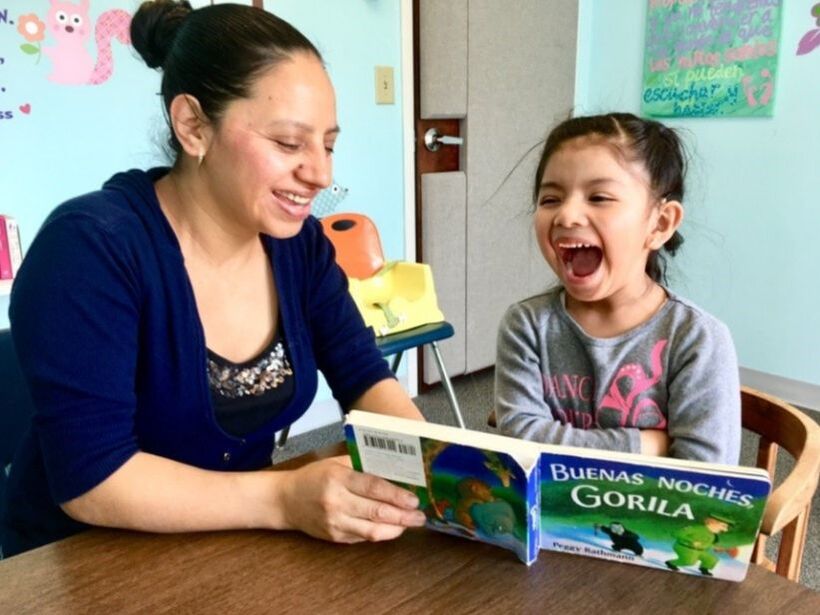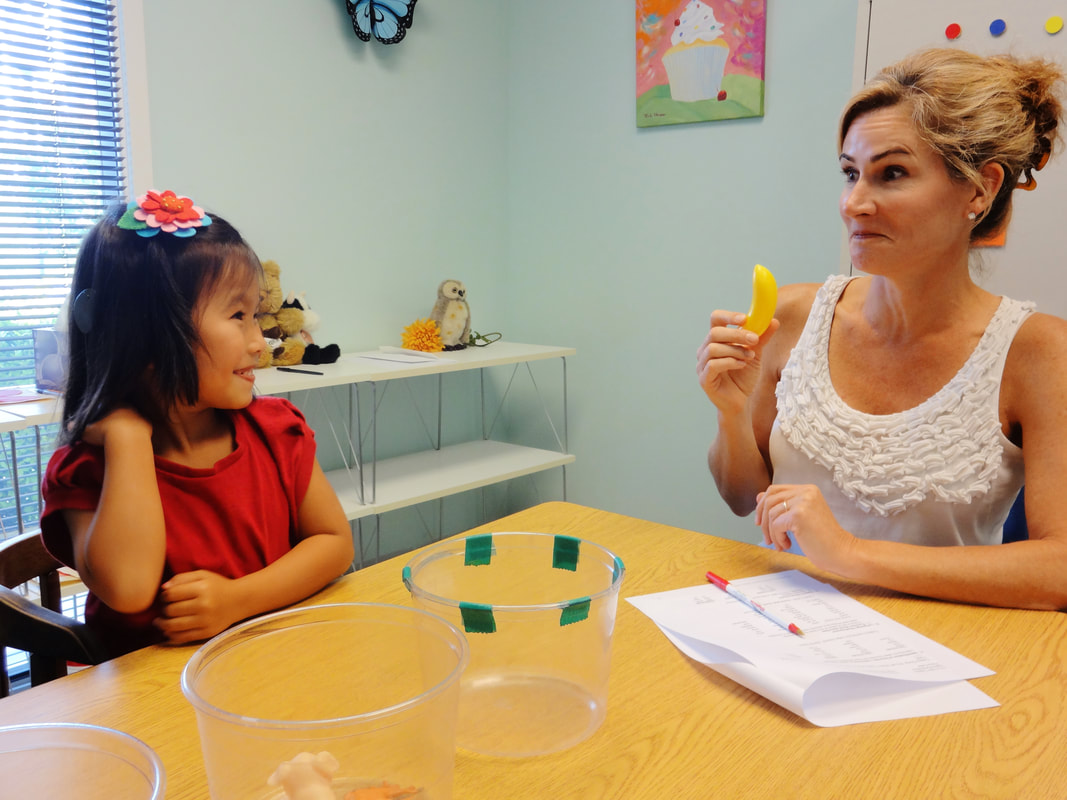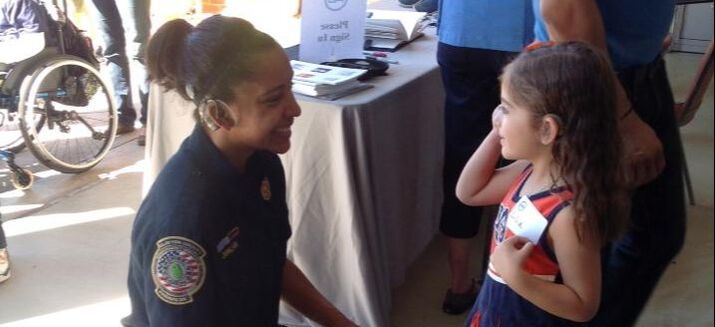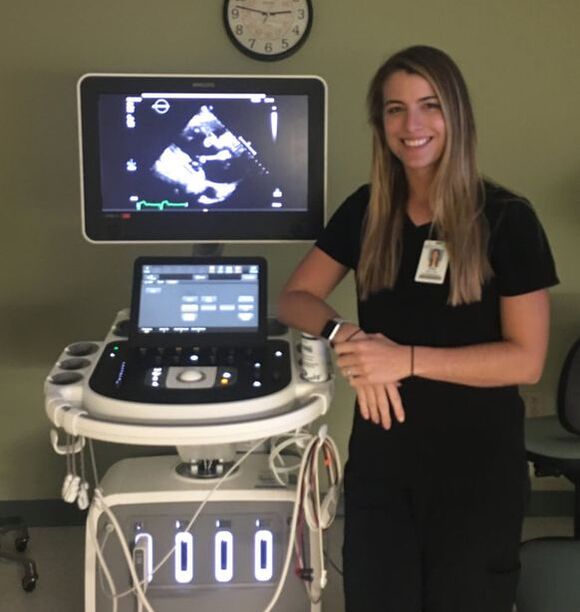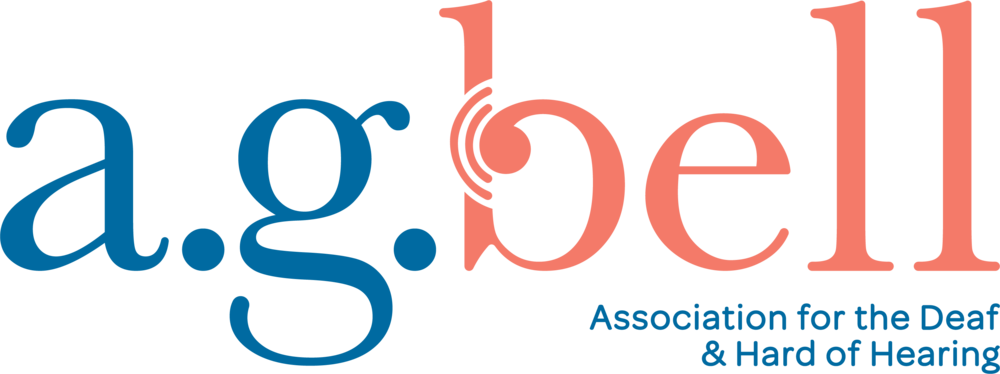Auditory-Verbal Therapy for Hearing Impaired Children and their Families
Auditory-Verbal therapy (AVT) is an approach that focuses on infants and children who are deaf or hard of hearing and their families who desire a listening and spoken language outcome (without the use of sign language or lip reading). This type of therapy is expertly provided by Listening and Spoken Language Specialists (LSLS™). LSLS at the Auditory Verbal Center (AVC) and parents/caregivers work together to maximize each child’s hearing and listening potential.
Auditory-Verbal therapy follows the progression of communication and development of a hearing child:
• Development of auditory skills
• Comprehension of spoken language
• Use of spoken language
• Clear production of speech, monitored by children listening to themselves
One goal of auditory-verbal therapy is to enroll the child in environments with hearing peers such as education, extra-curricular and family activities. The approach also focuses on giving the parents various techniques to teach their child to be a listening and speaking individual.
Auditory-Verbal therapy follows the progression of communication and development of a hearing child:
• Development of auditory skills
• Comprehension of spoken language
• Use of spoken language
• Clear production of speech, monitored by children listening to themselves
One goal of auditory-verbal therapy is to enroll the child in environments with hearing peers such as education, extra-curricular and family activities. The approach also focuses on giving the parents various techniques to teach their child to be a listening and speaking individual.
Even though I am deaf or hard of hearing, I can learn to...
|
• Listen to sounds as soft as a whisper
• Understand and use spoken language (even more than one!) • Develop clear, understandable speech • Enjoy music and learn to sing, dance, and play an instrument |
• Succeed in a general education classroom with my hearing friends
• Talk on the phone • Play sports and participate fully in extra-curricular activities • Communicate independently in the hearing world |
Auditory-Verbal Therapy Testimonials:
"We have found that while regular speech only focuses on talking, AVT focuses on listening first. Scarlett is learning to listen to what we say AND to speak fluently. AVT focuses in on her weak areas and Lauren Seale, our AV therapist, makes new goals and lessons every week that focus on what Scarlett needs. Things that will continue to challenge and push her, and we just continue to see improvement. She continues to make rapid progress, and now has a real chance at being successful in a hearing world. We are so thankful for AVC and especially the option of doing teletherapy."
-Scarlett's Parents
-Scarlett's Parents
"We want Aran to be a normal functioning member of society. This meant that making sure everything we did for him was the same as any parent would do for a normal hearing child. What the AVC does was exactly what we wanted. We wanted Aran to use his auditory verbal skills to communicate, we never want Aran to use sign language. We feel that is a crutch that would cause Aran to lose the ability to use his auditory verbal skills. Today, Aran is fully integrated in his classes and does everything that other children in his class do. His development is incredible and we feel that this would have not been possible without our decision to use this approach."
-Aran's Parents
-Aran's Parents
"Choosing AVC is the best and most important decision that we have made for Brinley in her life thus far. AVC shined a guiding light for us in such a dark time. Brinley is now a thriving 5 year old girl… in regular Kindergarten classes… at age level in her language development… Brinley’s future is clearer and brighter thanks to Alison and the AVC. Our family sees Alison as Brinley’s guardian angel sent from heaven above… literally."
-Brinley's Parents
-Brinley's Parents
The foundation of the auditory-verbal approach follows the international principles set forth by the Alexander Graham Bell Academy for Listening and Spoken Language (AG Bell):
- Promote early diagnosis of hearing loss in newborns, infants, toddlers, and young children, followed by immediate audiologic management and Auditory-Verbal therapy.
- Recommend immediate assessment and use of appropriate, state-of-the-art hearing technology to obtain maximum benefits of auditory stimulation.
- Guide and coach parents to help their child use hearing as the primary sensory modality in developing listening and spoken language.
- Guide and coach parents. to become the primary facilitators of their child's listening and spoken language development through active consistent participation in individualized Auditory-Verbal therapy.
- Guide and coach parents. to create environments that support listening for the acquisition of spoken language throughout the child's daily activities.
- Guide and coach parents. to help their child integrate listening and spoken language into all aspects of the child's life.
- Guide and coach parents. to use natural developmental patterns of audition, speech, language, cognition, and communication.
- Guide and coach parents. to help their child self-monitor spoken language through listening.
- Administer ongoing formal and informal diagnostic assessments to develop individualized Auditory-Verbal treatment plans, to monitor progress and to evaluate the effectiveness of the plans for the child and family.
- Promote education in regular schools with peers who have typical hearing and with appropriate services from early childhood onwards.
